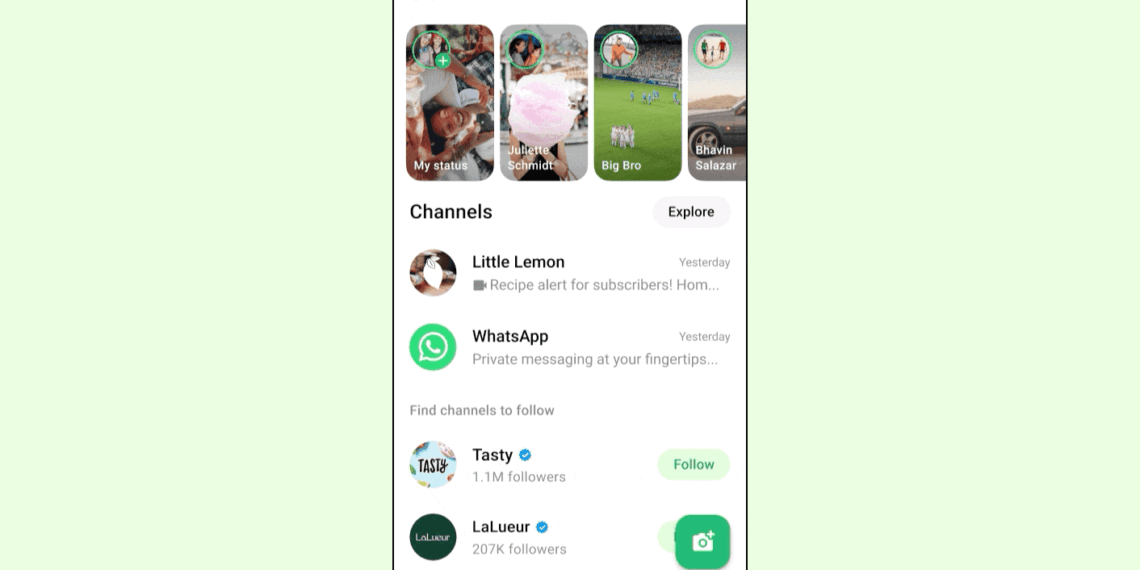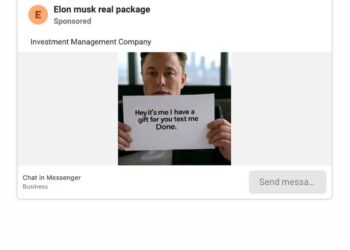Select Language:
Meta Introduces Ads on WhatsApp: A New Era for the Messaging App
Meta has officially rolled out advertisements on WhatsApp, signaling a significant change for the popular messaging service. This announcement, made on June 17, comes 11 years after Facebook acquired the platform for a whopping $19 billion.
The founders of WhatsApp had long resisted the idea of ads and worked to keep the app free from advertising. However, with this new development, Meta is introducing "status ads" that will exclusively appear in the app’s “Updates” tab, ensuring that they do not interfere with users’ personal conversations.
In a tweet, WhatsApp shared their vision for the Updates tab, stating, “We’re adding some new features to the Updates tab, which includes Status and Channels, distinct from your personal chats. Here’s what you can expect.” This new addition enables users to follow their favorite channels for exclusive updates, all while supporting content creators on the platform.
These advertisements present businesses with a direct way to interact with users via WhatsApp’s messaging features, fostering engagement. The Updates tab, which debuted in June 2023, is designed for sharing temporary content, including photos, videos, and text, which vanish after 24 hours, much like Instagram Stories.
Meta has assured users that their private messages and calls will continue to be end-to-end encrypted and will not be affected by these new advertising features.
This change is part of a broader strategy by Meta’s CEO, Mark Zuckerberg, to position WhatsApp as a robust business communication tool. Currently, WhatsApp has over 3 billion monthly active users, more than 100 million of whom are located in the United States.
In addition to status ads, Meta will also begin monetizing the WhatsApp Channels feature, which allows individuals and organizations to send broadcast messages to their followers, separate from personal chats. Businesses can now pay to enhance their visibility in WhatsApp’s search results, and Channel administrators will soon have the option to charge subscription fees for exclusive content, with Meta planning to take a 10% cut of these fees in the future—though it has stated that it won’t immediately profit from them.
WhatsApp’s evolution into a revenue-generating platform has been anticipated for some time. While Meta doesn’t disclose specific earnings from WhatsApp, analysts estimate it has previously generated between $500 million and $1 billion from tools and services that enable businesses to communicate with customers.
In another tweet, Meta’s official news account stated, “Today, WhatsApp is launching new features in the Updates tab, including channel subscriptions, promoted channels, and ads in Status, without altering your personal chats, which remain encrypted.”
This integration of ads into WhatsApp marks a significant shift for a company that has historically been opposed to advertising. Co-founders Jan Koum and Brian Acton left Meta after disagreements over its advertising plans.
Despite their objections, this transformation reflects Meta’s broader goal to expand its advertising reach, particularly after its acquisition of Instagram and ongoing legal challenges from the Federal Trade Commission (FTC) related to antitrust issues. By placing ads in the Updates tab, Meta aims to minimize disruption to users while maintaining the privacy of their personal communications and expanding its advertising capabilities.






